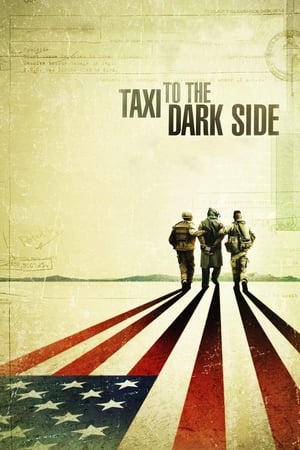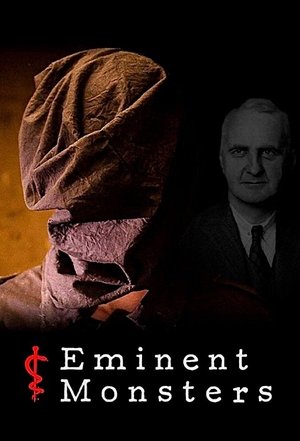Biography
From Wikipedia, the free encyclopedia. Moazzam Begg (born in 1968 in Sparkhill, Birmingham, England), is a British Pakistani Muslim who was held in extrajudicial detention in the Bagram Theater Internment Facility and the Guantanamo Bay detainment camp, in Cuba, by the U.S. government for nearly three years. The Pentagon claimed Begg was an enemy combatant and al-Qaeda member, recruited others for al-Qaeda, provided money and support to al-Qaeda training camps, received extensive military training in al-Qaeda-run terrorist training camps in Afghanistan, and prepared to fight U.S. or allied troops. While Begg admits spending time at two Islamic militant training camps in Afghanistan, supporting militant Muslim fighters, buying a rifle and a handgun, that he "thought about" taking up arms in Chechnya, and being an acquaintance of people linked to terrorism (most notably, Khalil al-Deek, Dhiren Barot, and Shahid Akram Butt), he denies the remainder of the U.S.'s allegations.
Begg says that when he was incarcerated at Bagram, though not in Guantanamo Bay to which he was later moved, he was hog-tied, kicked, punched, and left in a room with a bag put over his head, even though he suffered from asthma. A Pentagon spokesman said there was "no credible evidence that Begg was ever abused by U.S. forces". Begg has also spoken of having witnessed two other detainees being beaten to death while detained at Bagram. Officials concluded the men were murdered and an investigation was conducted. After intensive discussions with the U.K. government, President Bush had him released without charge on 25 January 2005. Bush released Begg over the objections of the Pentagon, the CIA, and the FBI, who were concerned that Begg could still be a dangerous terrorist. In November 2010, the British Government announced that it had reached a financial settlement out of court with a number of individuals, including Begg, who accused British officials of complicity in their alleged abuse and torture while in the custody of the United States.
After his release, he became a commentator on radio and television on issues pertaining to the UK Muslim community and UK and worldwide anti-terror measures, and toured as a speaker about his time in Guantanamo and other detention facilities. Referring to 2010 Afghanistan, he said he completely supported the inalienable right of the people to fight "foreign occupation". He has also co-authored a book, and authored broadsheet and magazine pieces. In 2010, Gita Sahgal, then the head of Amnesty International's gender unit, publicly condemned her organization for its collaboration with Begg, calling it "a gross error of judgment". Description above from the Wikipedia article Moazzam Begg, licensed under CC-BY-SA,full list of contributors on Wikipedia.




